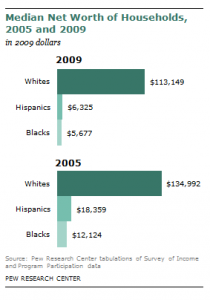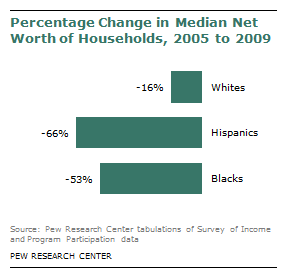CNN posted polling results: “Debt ceiling deal should include cuts and tax increases”
The story by CNN’s Rebecca Stewart
“According to a CBS News Poll released Monday, 66 percent of Americans say an agreement to raise the amount of money the nation can borrow should include both spending cuts and tax increases.
More than half of Republicans say the agreement should be balanced and roughly seven out of ten Democrats and independents say the same. More tea party supporters also agree, since 53 percent say any deal should include both spending cuts and tax increases.
Republicans and adults who identify with the tea party are more likely than Democrats or independents to support a plan that only includes spending cuts. Almost four in 10 Republicans favor using spending cuts alone to reduce the deficit and 44 percent of tea party supporters agree. Twenty percent of Democrats would leave tax increases out of a debt ceiling deal and include cuts only; 28 percent of independents say the same.”
Methodology: The CBS New Poll was conducted by telephone among 810 adults nationwide from July 15-17. It has a sampling error of plus or minus four points.
Will Congress reflect these views? We will know soon, as the clock is ticking down.
See article: Debt Ceiling Poll


